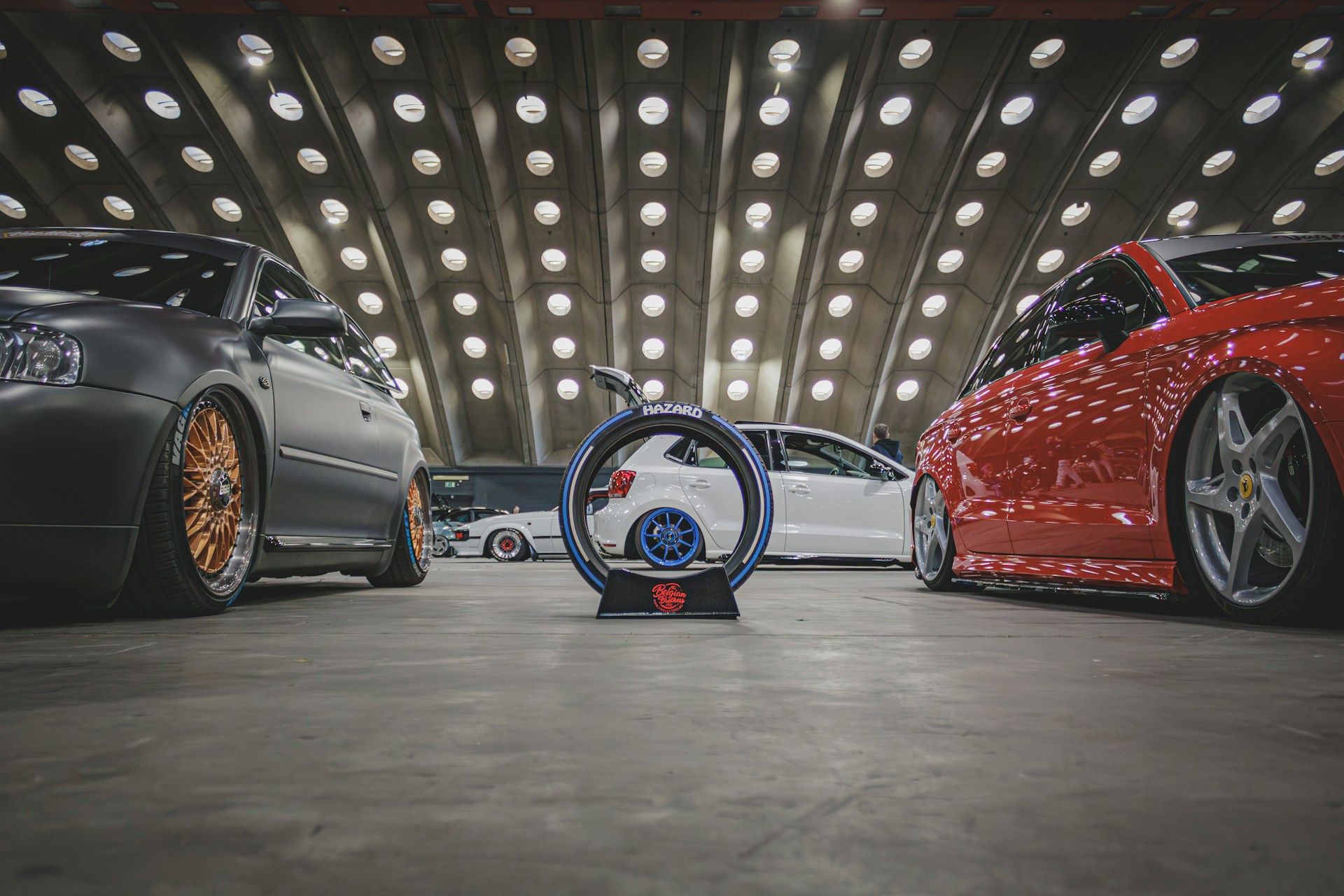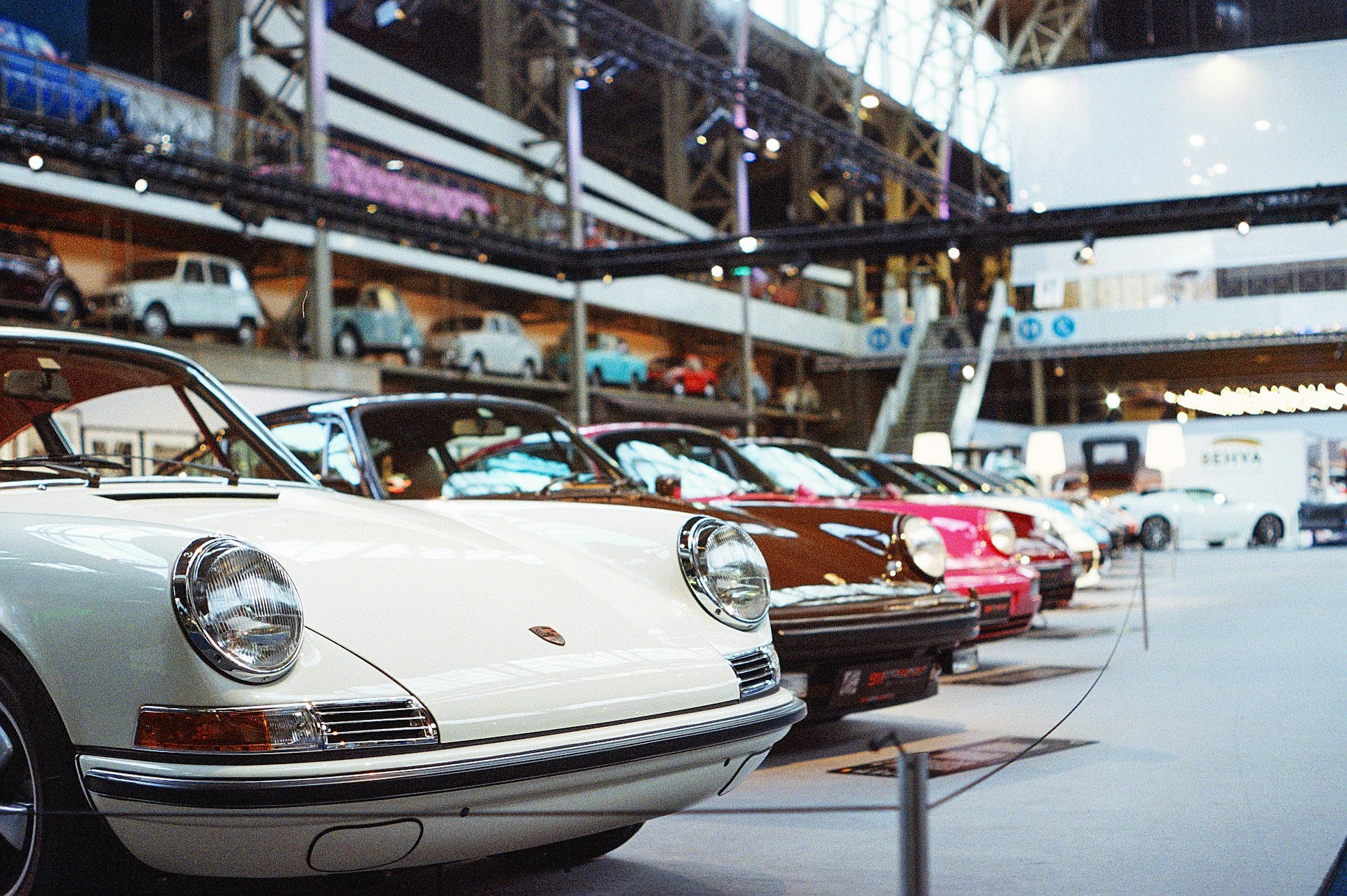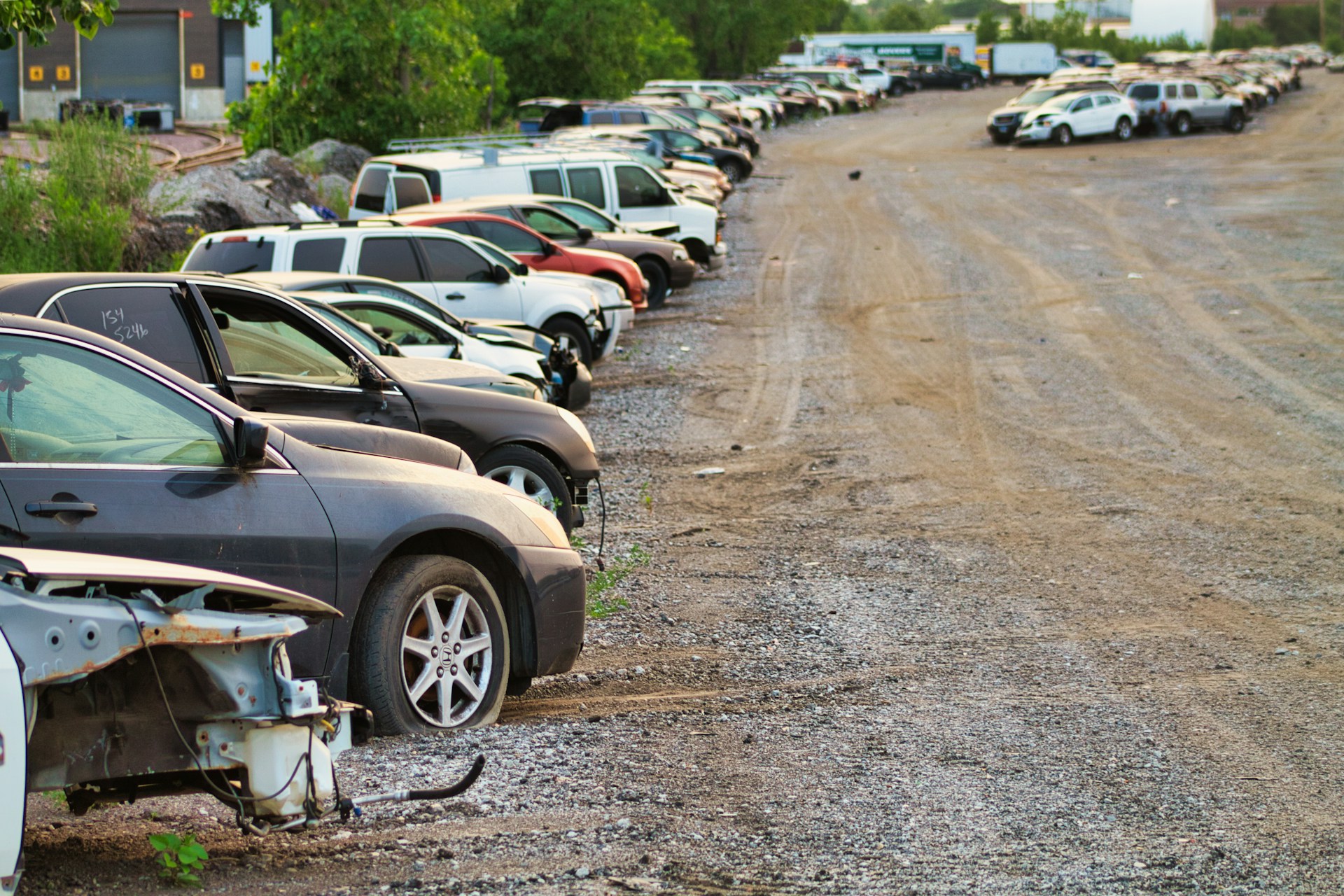Contents
Navigating the world of car auctions can be profitable for those looking to delve into the automotive industry. Whether you’re a budding entrepreneur or an established business, understanding how to get a license to buy cars at auctions is crucial. This comprehensive guide outlines the essential steps and requirements to acquire a dealer license, enabling you to participate in various car auctions. Obtaining an auto dealer license is key for those dealing with motor vehicles, especially at auto auctions. As an auto dealer, engaging in car auctions requires compliance with specific regulations, including a thorough background check. This is vital not only for buying and selling used cars but also for maintaining credibility and trustworthiness in the industry. These regulations ensure that all participants in auto auctions operate under fair and legal conditions, protecting both the buyers and sellers involved.
Table of Content
- Public Car Auctions vs. Dealer Car Auctions
- Types of Car Auction Licenses for Dealers
- The Car Auction License Requirements
- Application Process for a Car Auction License
- How Much Does it Cost for a Car Dealer License?
- Car Auction License Expiration and Renewal
- FAQ
Public Car Auctions vs. Dealer Car Auctions
Public car auctions and dealer car auctions differ significantly. Public auctions are open to anyone, offering a variety of vehicles, including used and salvaged cars. In contrast, dealer car auctions are exclusive events where licensed car dealers can access a wider range of vehicles, including new and used cars, often at lower prices. This exclusivity makes obtaining a dealer license an attractive proposition for many. In these dealer auctions, typically held at auction houses, licensed car dealers have the advantage of buying cars in bulk, acquiring multiple vehicles in a single visit. Bidding at these auto auctions is competitive, with the highest bidder often securing the best deals. To participate, an auto auction license is essential, granting access to a network of auto auctions where business opportunities abound.
Types of Car Auction Licenses for Dealers

There are several types of car auction licenses available for dealers. The most common are the retail dealer license and wholesale dealer license. A retail dealer license allows you to sell cars to the public and participate in dealer auctions. A wholesale dealer license is tailored for those who wish to sell vehicles to other dealers or at wholesale auctions. Choosing the right license type depends on your business model and goals. As a licensed car dealer, whether focusing on auction cars or running a car dealership, a valid business license is indispensable. The vehicle dealer license, issued by local government authorities, is also crucial, especially when dealing with used cars. Each license type offers different privileges and responsibilities, underscoring the importance of selecting a license that aligns with your specific business objectives and legal requirements.
In addition to general licenses, several governments provide specialized licenses for certain market areas. For example, dealers who primarily deal in salvage vehicles may need to obtain a dismantler license, which allows them to purchase damaged or inoperable cars for components or restoration. Similarly, a motorcycle dealer license is separate from a conventional car dealer license, as it is designed for enterprises that specialize in two-wheeled motor vehicles. Another prominent category is the auctioneer license, which is intended for those who conduct auctions rather than simply participate in them. This license diversity recognizes the diverse character of the auto sales sector, ensuring that dealers operate within their specialist fields while remaining subject to appropriate regulatory control. Understanding and selecting the appropriate sort of license is crucial because it directly affects the range of activities and transactions that a dealer can lawfully engage in within the automobile marketplace.
The Car Auction License Requirements
The requirements for a car auction license vary by state but generally include a completed application, proof of a business location, a surety bond, garage liability insurance, and a sales tax number. Additional requirements may include a background check and business registration. It’s essential to check with your local DMV office for specific state requirements. To buy cars at auction, dealers often need specific business licenses, such as a wholesaler license for private auction participation or a dealer auction license for commercial purposes. These licenses also allow for trading in various vehicle types, including used cars and recreational vehicles. Each type of auction and vehicle requires careful consideration of the applicable licenses to ensure compliance and successful business operations.
In addition to meeting the standard standards, potential licensees must demonstrate financial stability and business expertise. This frequently includes giving thorough financial documents or verification of financial reserves. The value of the surety bond varies by state but normally runs from $25,000 to $100,000. It serves as a guarantee of the dealer’s adherence to state regulations and ethical business practices. Some jurisdictions may require candidates to finish specified educational courses or training programs geared toward the automobile business and dealer operations. These educational requirements are intended to provide dealers with the essential knowledge of the legal, ethical, and operational aspects of operating a vehicle auction business. Furthermore, continuing education may be required to keep the license valid, ensuring that dealers remain current on industry changes and legal obligations.
Application Process for a Car Auction License
Obtaining a car auction license involves several steps. First, you must meet all pre-licensing requirements, including securing a business location and obtaining a surety bond. Then, complete the application form, attach all required documents, and pay the application fee. The process may also include a criminal background check. As a motor vehicle dealer, handling a variety of motor vehicles, including used cars, demands this due diligence. Access to private car auctions and the ability to bid on cars at auction are privileges granted under a dealer’s license. Additionally, collaborating with an insurance company is often necessary to provide coverage for the vehicles in your inventory. Each step ensures that you operate within legal boundaries and are prepared for the dynamic environment of car auctions.
Following the early steps in the application procedure, the next phase frequently includes an examination of your business premises by the licensing authorities. This inspection is intended to check that your dealership complies with all applicable municipal and state rules, notably in terms of size, signage, and record-keeping processes. Compliance with zoning regulations is also evaluated. After passing the inspection, you will normally be given your auto auction license. This license is more than simply a formality; it demonstrates your dealership’s commitment to industry standards and legal regulations. It is critical to maintain these standards consistently, as the licensing authority may perform periodic assessments or audits to assure continued compliance. This attentive oversight contributes to the integrity and professionalism of the motor vehicle dealer community, benefiting both dealers and customers.
How Much Does it Cost for a Car Dealer License?
The cost of a car dealer license varies depending on the license type and state regulations. Generally, expenses include the application fee, licensing fees, and costs associated with obtaining a surety bond and garage liability insurance. Research your local government’s requirements for precise pricing. For those seeking a motor vehicle dealer license or an auto dealer license, additional costs may arise, especially when catering to niche markets like rental car companies or running a used car dealership. Participation in a car auction often involves fees payable to the auction company. Each aspect of acquiring a dealer’s license, from administrative charges to regulatory compliance costs, contributes to the overall financial investment necessary for entering this sector. Understanding these expenses is crucial for effective financial planning and successful business operations.
Car Auction License Expiration and Renewal

A car auction license typically has an expiration date, requiring periodic renewal. The renewal process may involve submitting updated business information, paying a renewal fee, and proving continuous compliance with state regulations. Timely renewal is crucial to maintain your eligibility to buy cars at auctions. For a car dealer, this means ensuring their business license and car auction license are always current. Motor vehicle dealers who actively sell cars must be vigilant about these dates to avoid disruptions in their business operations. The license fee for renewal, particularly for a used car dealership, is an important consideration in the ongoing costs of running such a business. Staying informed and adherent to these requirements is essential for maintaining the legal and operational integrity of a car dealership.
Acquiring a car auction license is a valuable step for anyone looking to enter the auto dealer industry. It grants access to dealer-only car auctions, providing an opportunity to buy and sell vehicles more profitably. Understanding the types of licenses, requirements, application process, costs, and renewal procedures is key to successfully navigating this process.
FAQ
How Do Wholesale Car Dealers Make Money?
Wholesale car dealers primarily make money by purchasing vehicles at lower prices, often at wholesale dealer auctions, and selling them at a profit to other dealers or at wholesale markets.
How Much Profit Does a Dealer Make on a New Car?
The profit margin on new cars varies, but it typically ranges from a small percentage of the car’s selling price. Dealers may also make money from financing, warranties, and servicing.
How Many Cars Can You Sell in a Year?
The number of cars you can sell in a year depends on the type of dealer license you hold. Retail dealers may sell an unlimited number of cars to the public, while wholesale dealers are typically limited to selling to other licensed dealers.




